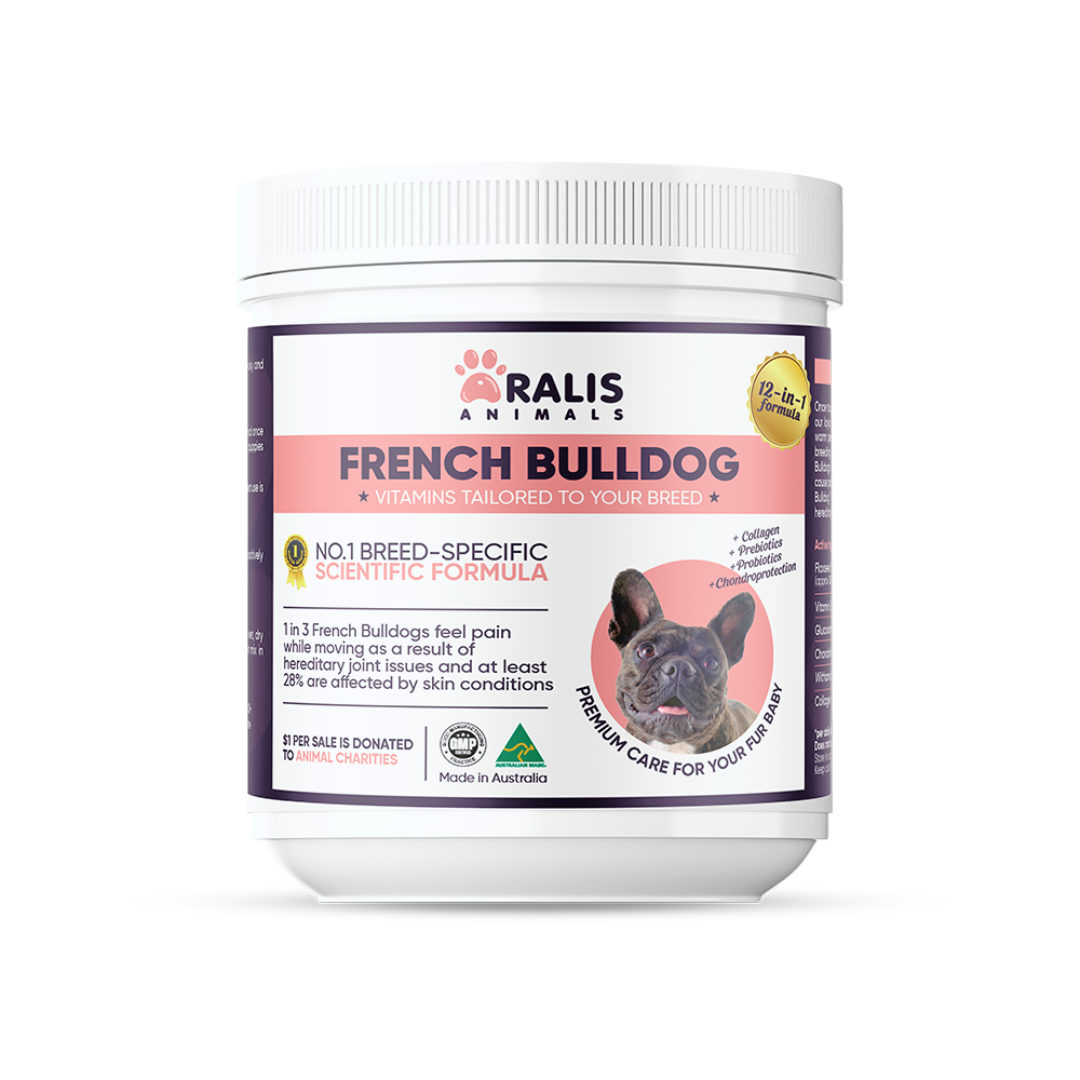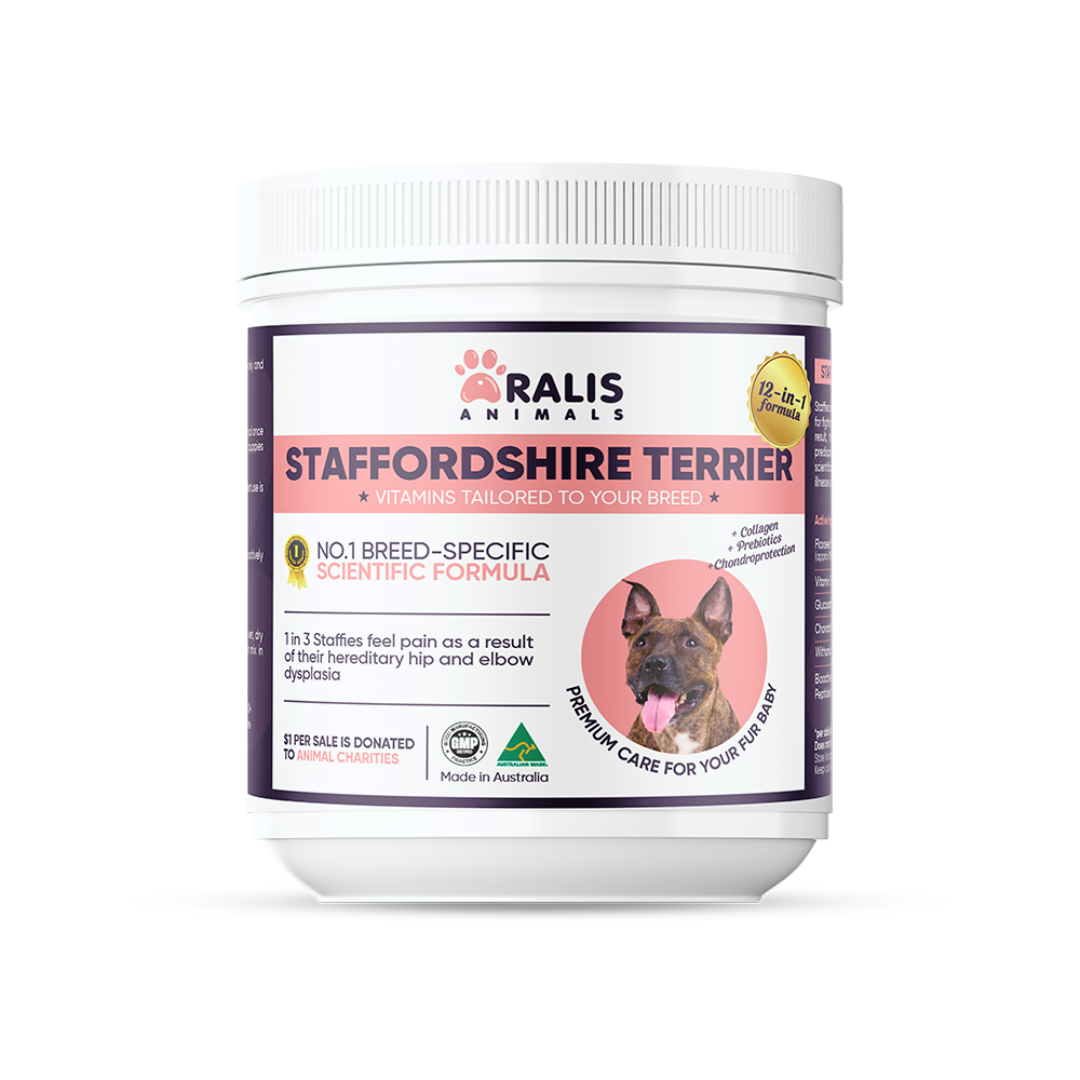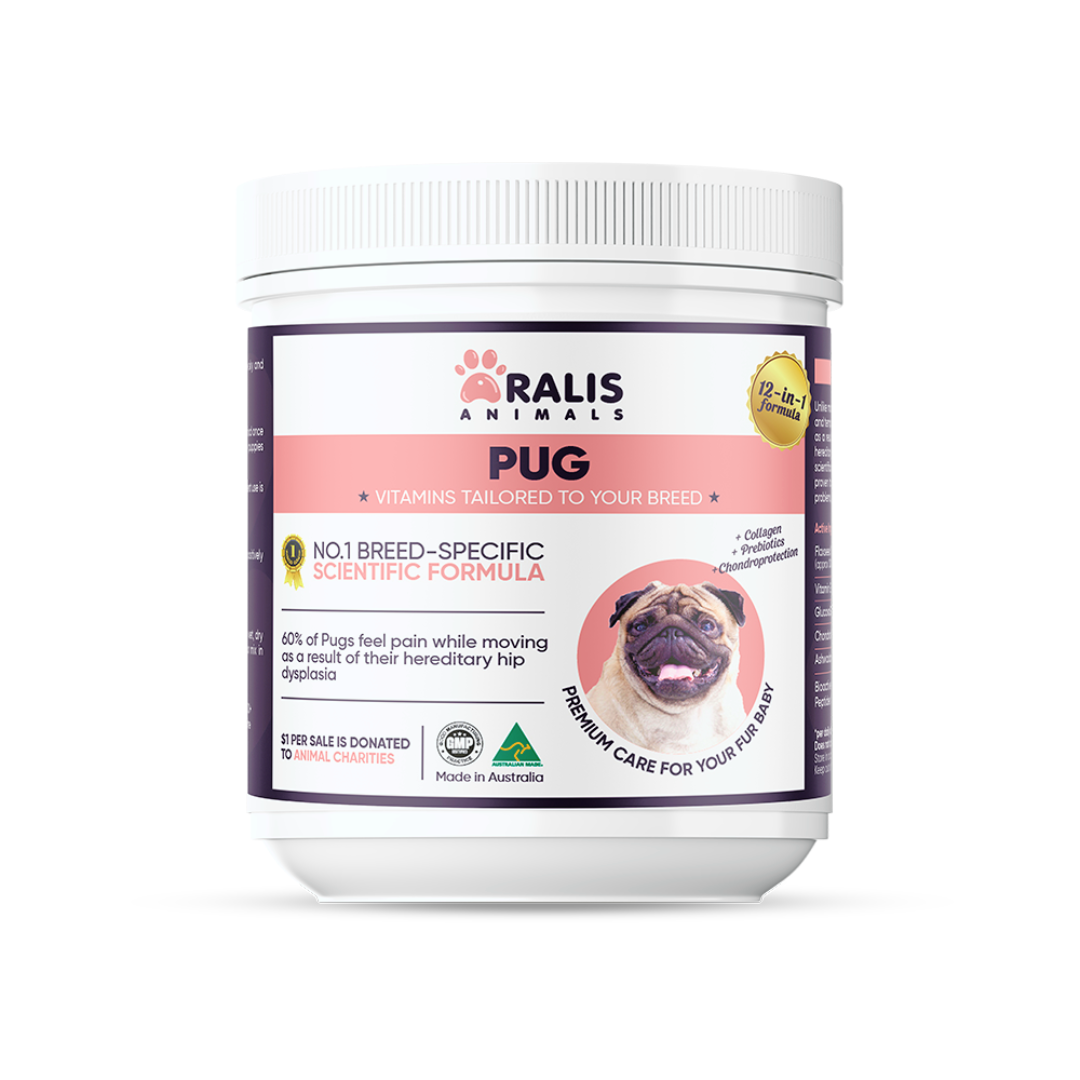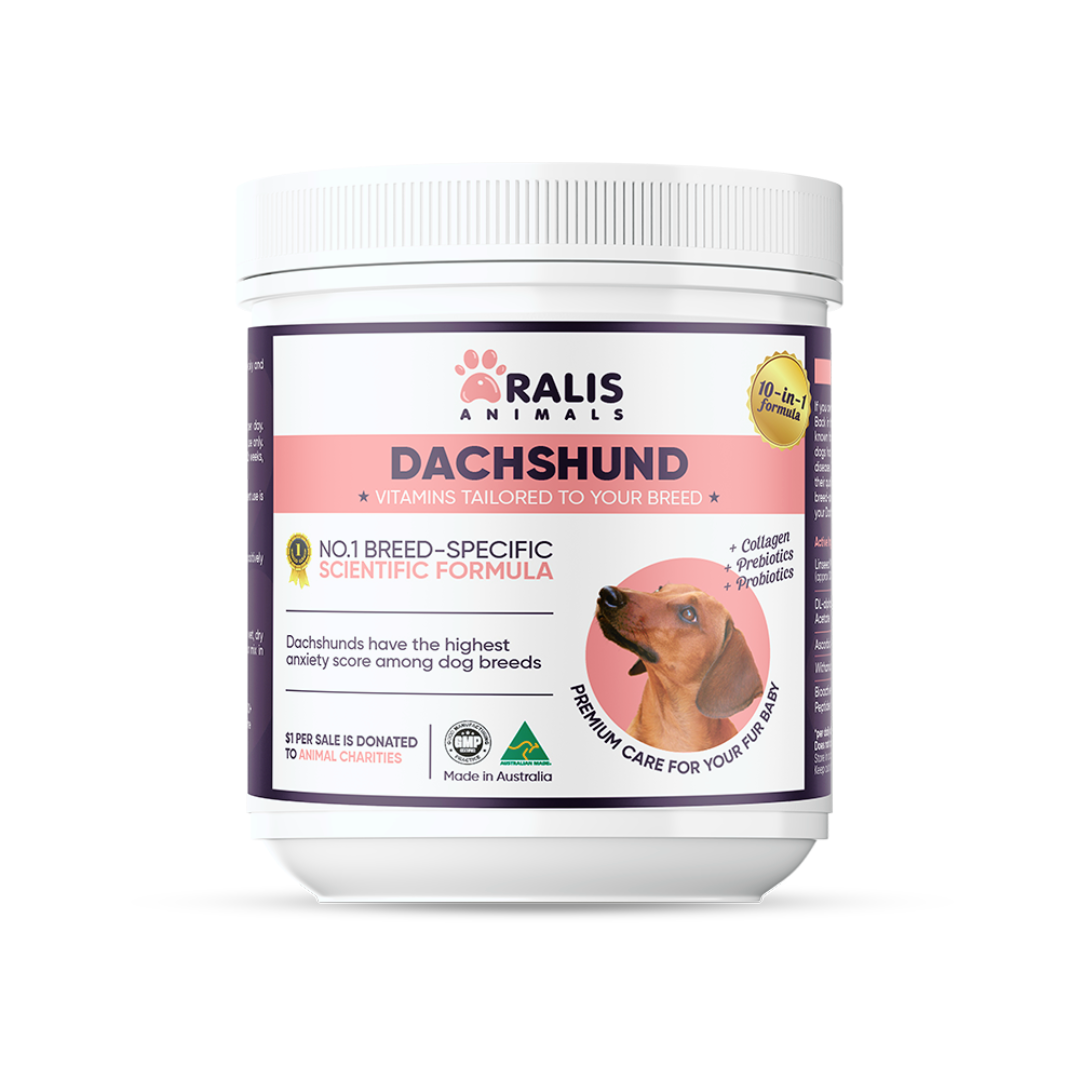Itchy Dog Paws: Natural Remedies to Soothe and Prevent Irritation
Itchy dog paws can be a frustrating and uncomfortable issue for both pet owners and their canine companions. Whether your furry friend is constantly licking, chewing, or scratching their paws, it's essential to address the underlying cause and find effective, natural solutions to provide relief. In this comprehensive guide, we'll explore the common triggers of paw irritation and share a variety of home remedies to help soothe and prevent this common canine concern.
Understanding Dog Paw Itching
Paw itching in dogs can stem from a variety of factors, including environmental allergies, dry skin, bacterial or fungal infections, and even underlying health conditions. Identifying the root cause is crucial for providing the right treatment. Common signs of paw irritation include excessive licking, chewing, or scratching, as well as redness, swelling, or even cracked or bleeding paws.
If your dog's paw itching persists or worsens, it's always best to consult with your veterinarian to rule out any underlying medical issues and receive personalized guidance. However, many pet owners find success in addressing mild to moderate paw irritation through natural, at-home remedies.
Natural Home Remedies for Itchy Dog Paws
Topical Treatments
- Apple Cider Vinegar Rinse: The acidic properties of apple cider vinegar can help soothe and disinfect irritated paws. Dilute the vinegar with water and gently soak your dog's paws for a few minutes, then pat dry.
- Coconut Oil Application: Coconut oil is a natural anti-inflammatory and moisturizer that can help alleviate dryness and irritation. Gently massage a small amount of coconut oil into your dog's paws, being careful not to get it between the toes.
- Epsom Salt Soaks: Epsom salt can help reduce inflammation and promote healing. Dissolve a handful of Epsom salt in warm water and soak your dog's paws for 10-15 minutes, then rinse and dry thoroughly.
Dietary Interventions
- Omega-3 Supplements: Omega-3 fatty acids, such as those found in fish oil or krill oil, can help reduce inflammation and support skin health. Consult your veterinarian for the appropriate dosage for your dog's size and needs.
- Hypoallergenic Diet: If your dog's paw itching is related to a food allergy, switching to a high-quality, hypoallergenic diet may provide relief. Avoid common allergens like beef, dairy, and wheat.
- Immune-Boosting Foods: Incorporating immune-supporting foods like sweet potatoes, blueberries, and pumpkin into your dog's diet can help strengthen their natural defenses against skin irritation.
Preventative Strategies
Maintaining good paw health and addressing the underlying causes of irritation can go a long way in preventing future flare-ups. Here are some proactive steps you can take:
- Regular Paw Cleaning: Gently clean your dog's paws after walks or playtime to remove any irritants or allergens that may have accumulated.
- Allergen Management: Identify and minimize your dog's exposure to environmental allergens, such as pollen, dust, or chemicals, which can contribute to paw irritation.
- Environmental Modifications: Consider using hypoallergenic bedding, limiting time on harsh surfaces, and providing a comfortable, clean resting area for your dog.
DIY Soothing Treatments
For an extra layer of relief, you can create your own natural paw balms and anti-inflammatory solutions at home. Some effective DIY options include:
- Homemade Paw Balm: Combine beeswax, shea butter, and essential oils like lavender or chamomile to create a soothing, moisturizing balm for your dog's paws.
- Natural Anti-Inflammatory Solution: Mix aloe vera gel, witch hazel, and a few drops of peppermint or tea tree oil to create a gentle, cooling treatment for irritated paws.
- Gentle Cleaning Technique: Use a soft, damp cloth to gently wipe your dog's paws, avoiding harsh scrubbing that could further irritate the skin.
Long-Term Management
While natural remedies can provide relief for mild to moderate paw irritation, it's essential to work closely with your veterinarian to identify and address any underlying causes. This holistic approach may involve allergy testing, dietary changes, or other medical interventions to ensure your dog's long-term skin health and comfort.
Patience and consistency are key when it comes to managing itchy dog paws. By incorporating a combination of natural remedies, preventative strategies, and veterinary guidance, you can help your furry friend find lasting relief and prevent future flare-ups.
Remember, every dog is unique, so it may take some trial and error to find the most effective solution for your canine companion. With a little time and dedication, you can help your dog find comfort and enjoy life without the constant distraction of itchy paws.





